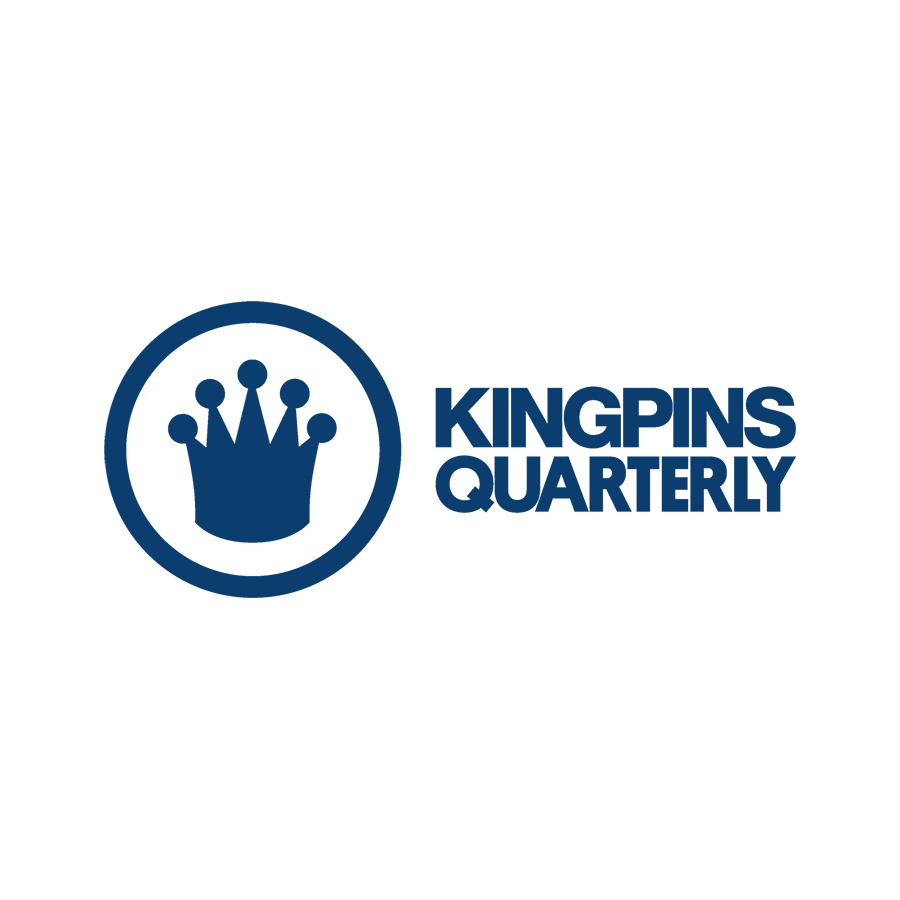
April, 2024
BY CALETHA CRAWFORD, DEBRA COBB
The Uyghur Forced Labor Prevention Act has had a profound impact on U.S. brands, retailers and sourcing partners, especially in the denim segment. The law, which prohibits goods originating wholly or in part from China’s Xinjiang Uyghur Autonomous Region (XUAR) from entering the U.S., places the burden of proof on importers — a fact that’s proven costly and onerous for this traditionally opaque industry. In response, brands and retailers continue to upend supply chains, standup new technology and shore up reporting. Meanwhile, calls for tighter controls at home and additional legislation in the European Union are raising questions around UFLPA’s enforcement and effectiveness.
“There is a degree of fear in the brand community, translated into sourcing trying very hard to avoid Xinjiang,” said Robert Antoshak, partner and consultant with the Gherzi Textile Organization. “But it’s like trying to stop water going through a screen door.”
From June 2022 through January 2024, the CBP scrutinized 1,275 shipments of suspect apparel, footwear, and textile goods with a total value of $51.13 million. Of that number, 333 shipments were released; 694 shipments were denied; and 248 shipments are pending.
“Our members make every effort to identify, prevent, and eradicate slave labor,” said Nate Herman, senior VP/policy for the American Apparel & Footwear Association (AAFA). “They are working hard to identify the source of their cotton.”
That’s a tall order given the length and complexity of most supply chains and the fact that cotton fibers can end up comingled at several points in their textile journey.
Making traceability a priority
Increased scrutiny means the industry will need to be even more vigilant.
“Physical forensic testing is important. You can’t rely solely on digital tracking or documentation,” said MeiLin Wan, VP Textile Sales for Applied DNA Sciences, Inc. Applied DNA combines multiple technologies in its CertainT Supply Chain program: tagging raw materials with molecular DNA, testing for identity throughout the supply chain, and tracking the chain of custody.
“The CBP may not necessarily utilize all the tech that’s available,” said Wan, who attended last year’s Forced Labor Technical Expo, where CBP introduced a select group of service providers to assist importers with their rebuttal documentation. “They prefer to track documents digitally. If they are using specific tech and tools, they should disclose them to the industry.”
